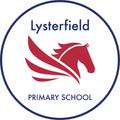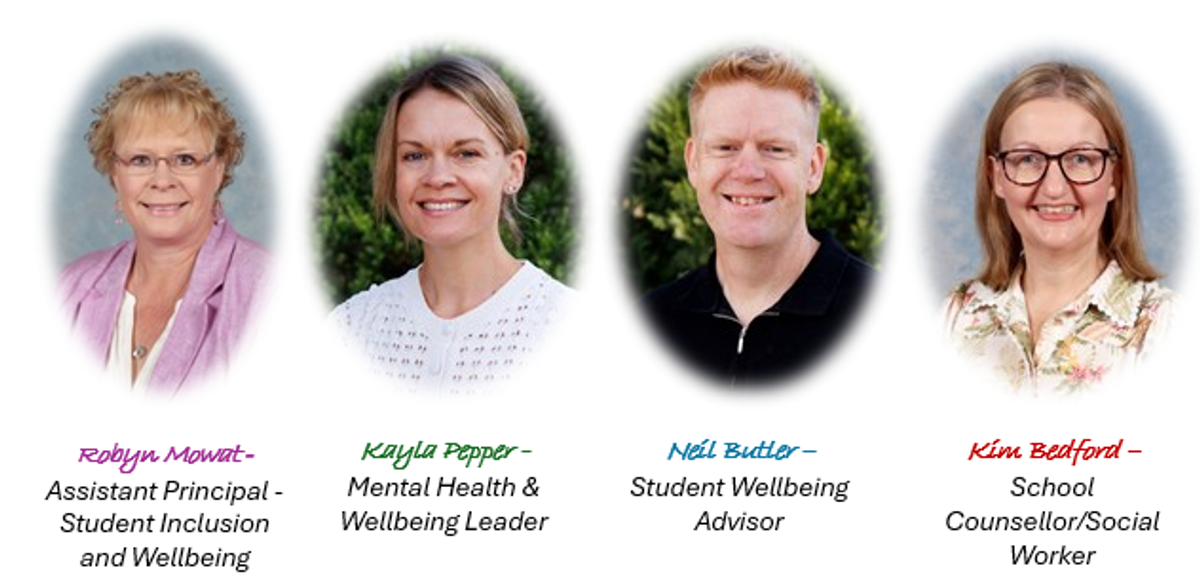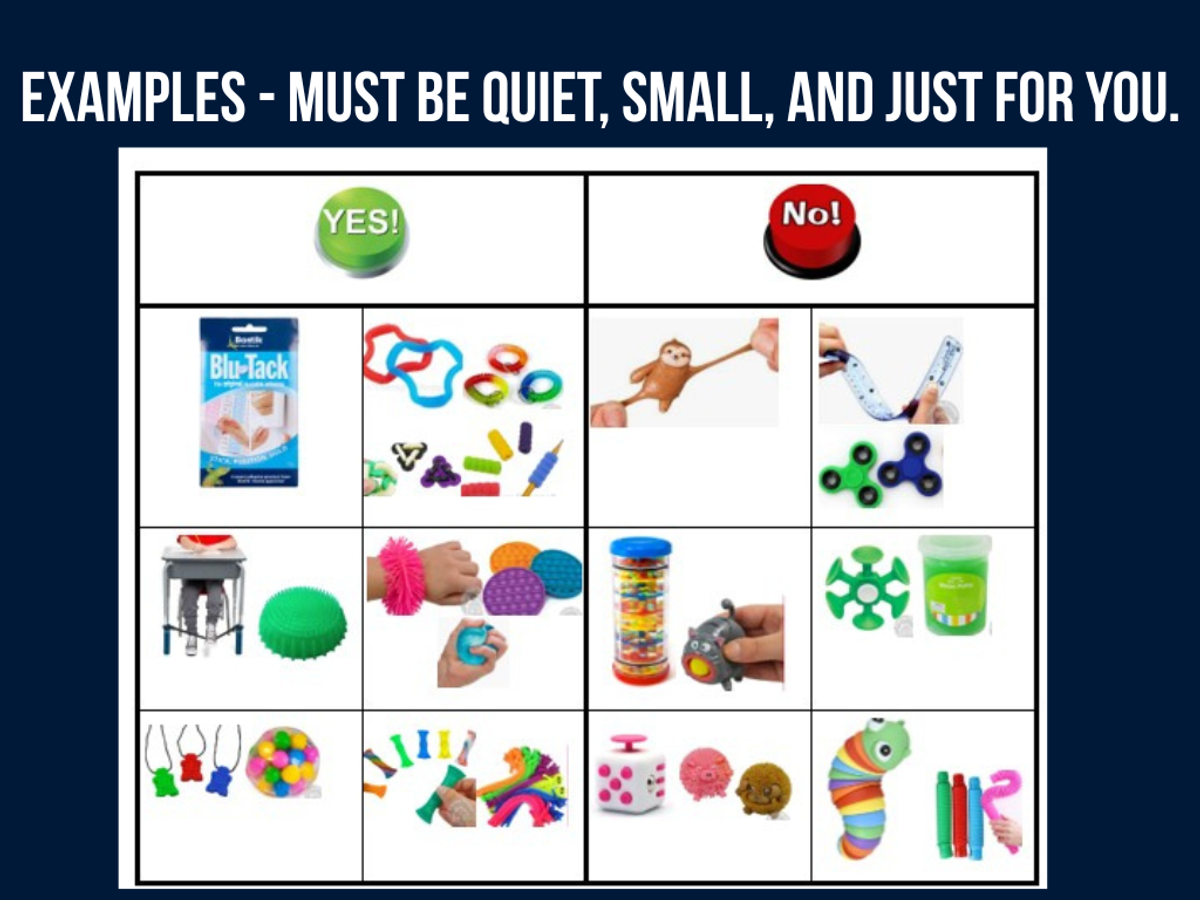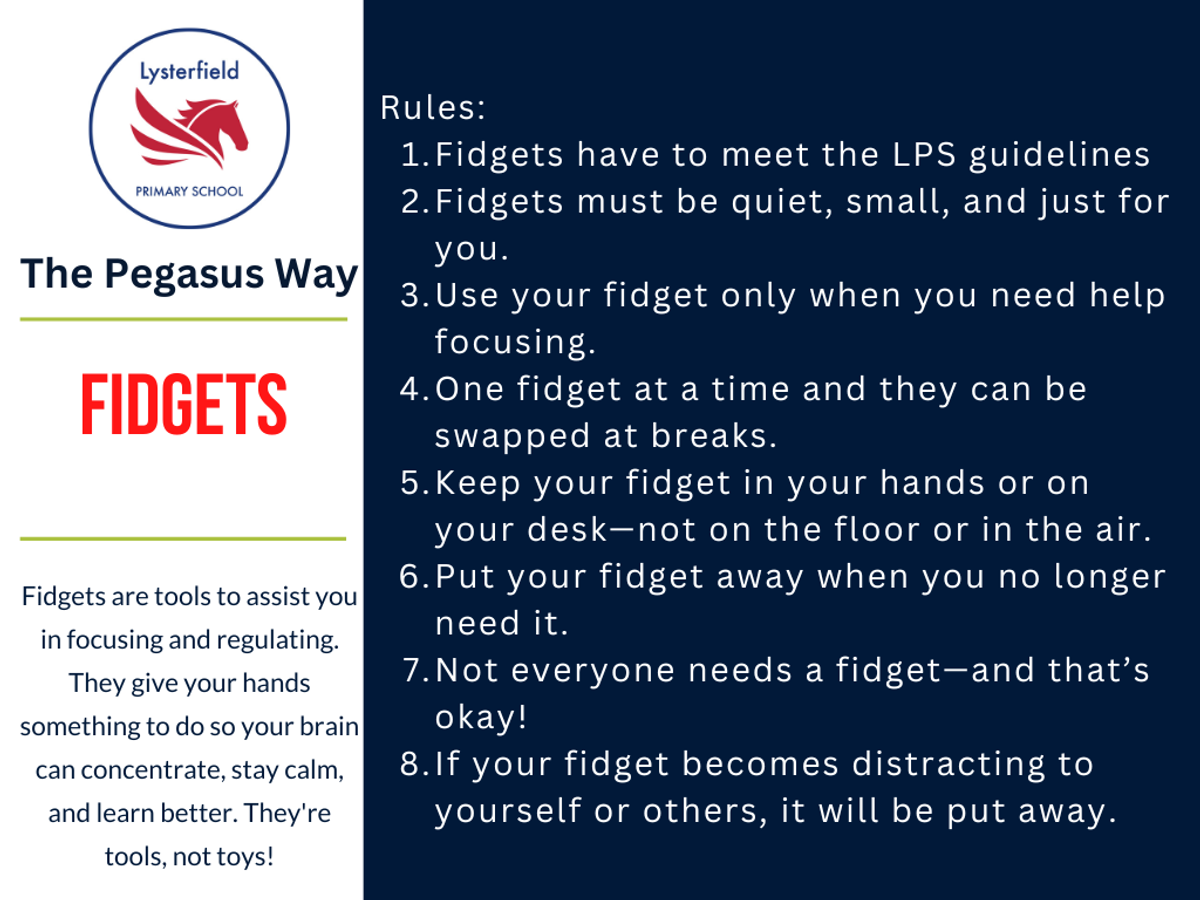Student Wellbeing & Mental Health

Lysterfield Primary Student Wellbeing and Mental Health Team
Fidget Tools at School
In recent years, fidget 'toys' have become increasingly popular in classrooms, originally promoted as tools to support focus, reduce anxiety, and provide sensory regulation. While these benefits remain important, we have noticed that their use in our school has shifted. Instead of helping students engage in learning, fidget 'toys' have increasingly become a source of distraction. Many students are using them as play items rather than as calming or focusing tools, leading to disruptions in lessons, off-task behaviour, and unnecessary conflicts among peers. Teachers and Educational Support staff are also spending valuable instructional time managing the misuse of these items rather than supporting learning.
In response, we are moving to a structured “fidget tools” approach. This shift acknowledges that some students genuinely benefit from having a regulated, purposeful sensory tool, but it also places clear boundaries around how and when these tools are used. Fidget tools will now be aligned with individual student needs, and introduced as part of personalised strategies developed with allied health professionals, teachers, families, and wellbeing staff. By reframing them as tools rather than toys, we aim to ensure they serve their intended purpose - supporting concentration, self-regulation, and well-being - while maintaining a productive and calm learning environment for all.
For students to be able to access Fidget Tools at school, there must now be a recommendation from an allied health professional sent to the school - some of these we already have as part of the work that families are undertaking outside of school. This enables us at school to understand that your child has a need that these tools meet, much in the way of a specialist prescribing glasses.
Alternatively, a member of our Wellbeing and Mental Health Team may be consulted and approve a two-week trial of a fidget tool for your child, where we are able to monitor its effectiveness and provide you with feedback.
We have designed the guidelines for fidget tools at Lysterfield and have created visuals that will be available in all learning spaces. Please see below, and remember that this is a guide.
For a fidget tool to fit the Lysterfield Primary guidelines, it must be a small item, that makes no noise, does not light up, can be used in a student's hand and does not distract others. Ideally, families will provide these; however, we have some at school that we can loan to students if they do not have one and need one in that moment. If a student uses a fidget in the incorrect way, we will give one warning, and then it will go away for a repeat offence in that learning block, as this shows us they are not ready to learn and may need to access a different strategy to become ready to learn. The fidget must also allow the student to focus and continue to learn, as it is not to be a distraction to themselves.
We know that change can be difficult, and our staff have already begun working with some of our students to understand the change, with these changes being implemented in full by the end of Term 3.
There are also many other focus and attention strategies that we use at school that may be more appropriate for your child. Fidget tools can work well for some students, and not for others. We will continue to work with families where additional supports are required to maintain focus and attention in the classroom.
If you have any concerns or questions, please contact a member of the Wellbeing team.
Neil Butler | Student Wellbeing Advisor



